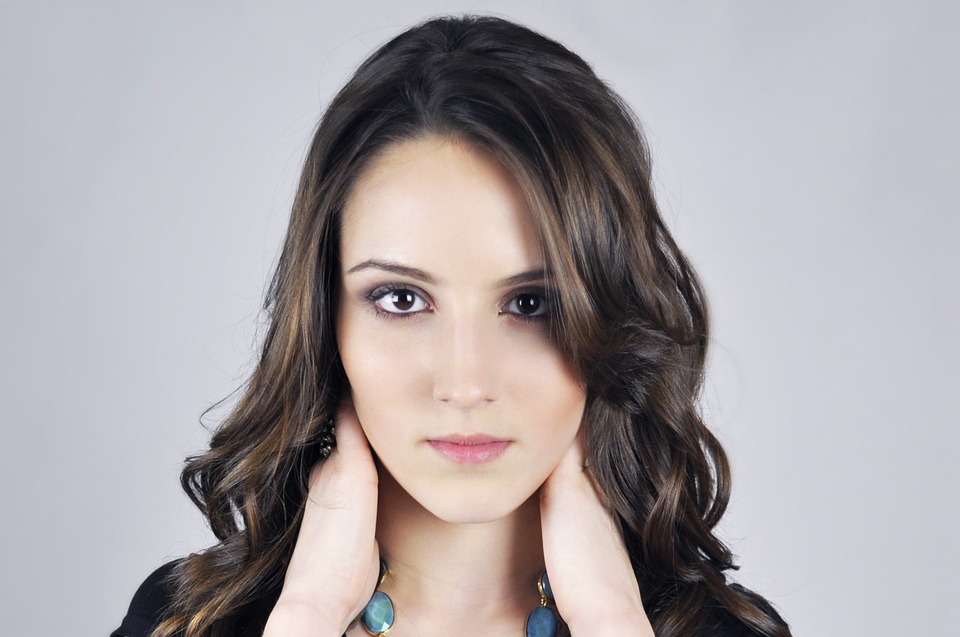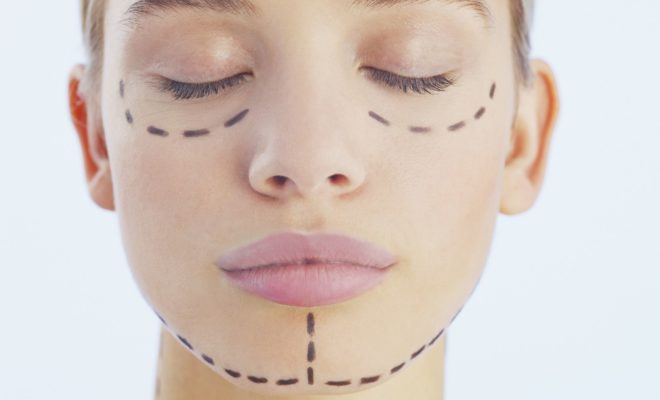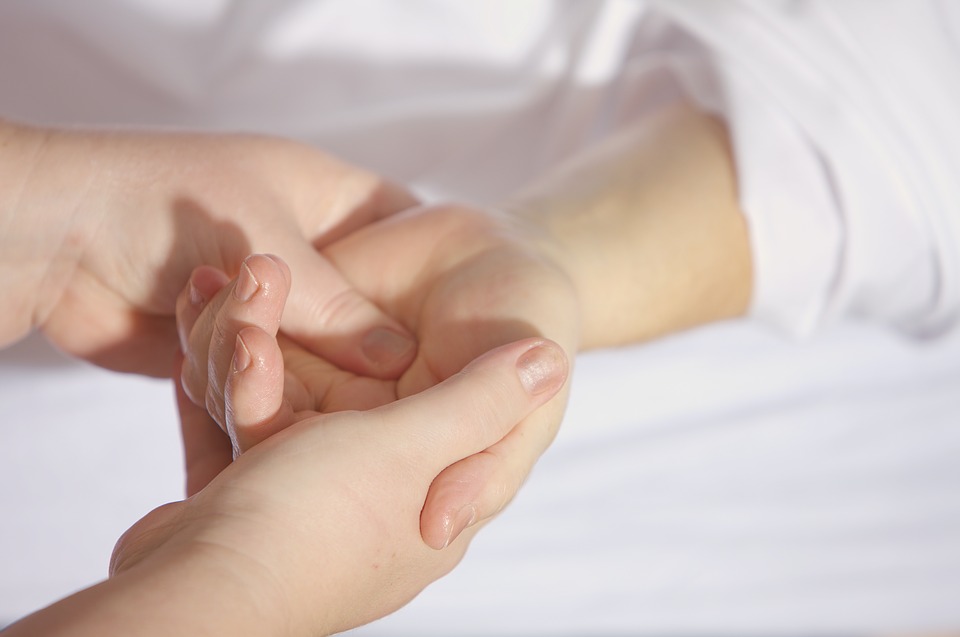Losing hair, losing confidence?
Hair loss is a medical issue that can also have a significant psychological impact on many people. This negative psychology may be more apparent in women, but it also affects men as hair loss can result in stress, and in some cases, depression.
Recent research and surveys have been undertaken to better understand the effects of hair loss on the psychology of the individual. Considerable research has shown that people, especially young, experiencing hair loss often feel as if they are losing control over their lives. They face their situation as irreversible, are being stressed and desperate for the course of their social and professional life. More specifically, research has shown that there are common reactions concerning the hair loss:
- 76% of women and 50% of men with hair loss problem, who are recently divorced, feel anxious as they wish to start a new relationship.
- 77% of adults, at the age of the twenties, are particularly concerned with hair loss in a period they start out in their career.
- More than 62% of people with hair loss said that having more hair, they would help them being “successful” in both their professional life and career (ISHRS).
- 50% of men and 25% of women worldwide believe that hair loss has “a significant impact on a person’s self-esteem and quality of life” (ISHRS).
Physical appearance should not be the most attractive thing about a person, but it plays a great role in shaping personality and psychology. Hair loss can dramatically change a person’s appearance and it’s not a surprise if questions like the following will arise: Will I still be attractive to others? Will I look older? Will my hair condition affect my career? Will my friends tease me? All these concerns can result in feelings of fear and panic. Reduced self-confidence and increased insecurity experienced by someone with a hair loss problem can have a negative effect on his behavior, making him shy or even antisocial. In some cases, loss of self-confidence may lead to chronic anxiety or depression.
How to cope with your hair loss?
Accept the fact as it is and be mentally prepared to make the right decision in order to solve the problem. Here are some tips for dealing with hair loss:
- You have to convince yourself that hair loss itself does not affect your health. Hair loss may not be a pleasant event in your life, but it is not as difficult as you think.
- Family and true friends love you for what you are. It is not your hair making them like you and stand by you.
- Feel beautiful with your appearance. Ask the opinion of a beauty professional or a hairdresser for a style that suits your hair or choose to wear a hat or a scarf that will makea difference in elevating your outfit and add a touch of
- Keep your hair short. Avoid hiding the bald areas with a hairstyle. It is preferable to wear a wig.
- Get help from a mental health professional. Follow this advice only if your emotional impact of hair loss is obvious and stressful.
- Take time to look for a treatment that will help you restore thefull density of your lost hair. Get advice from an experienced and qualified medical professional. The correct hair loss diagnosis will direct the physician to identifying the pathogenesis and recommending an effective tailored treatment program.
- Realize that your hair may grow back and become dense again. Learn about the most advanced FUE hair transplant, a painless procedure, leaving no scars and with minimal recovery time.
It is important to understand that if you experience a hair loss problem, do not let your psychology to go further down – there is always a medical solution that fits your requirements!










